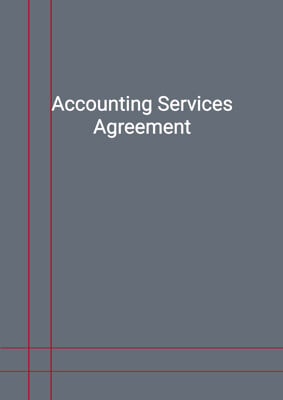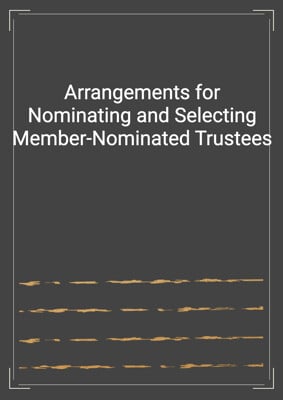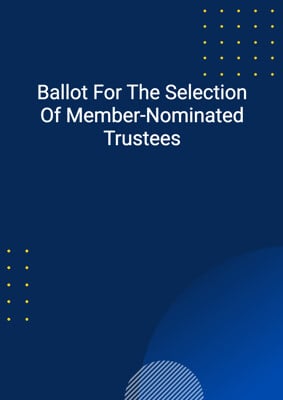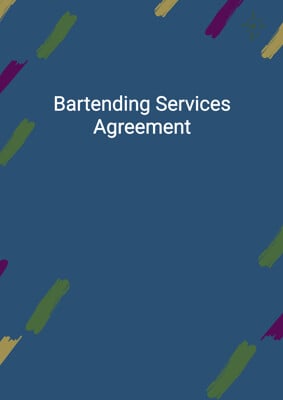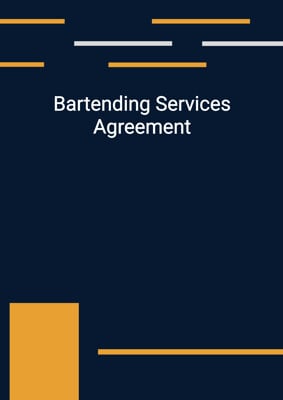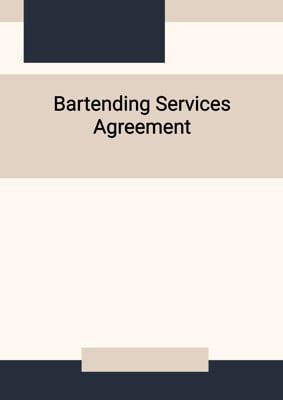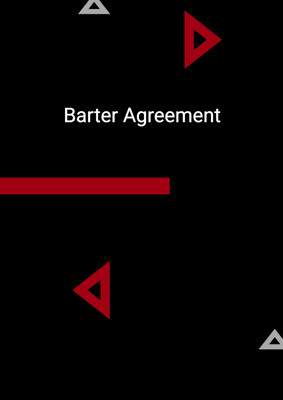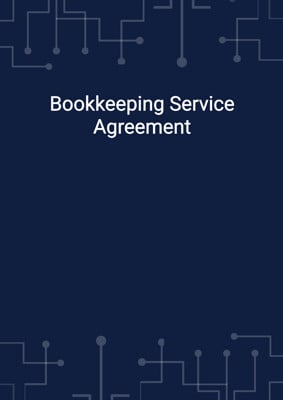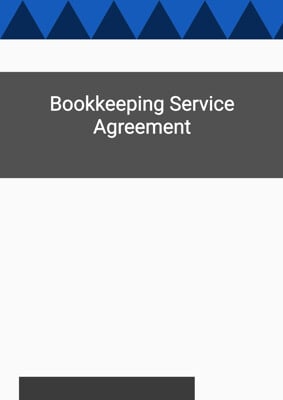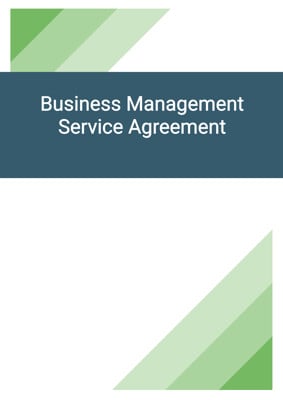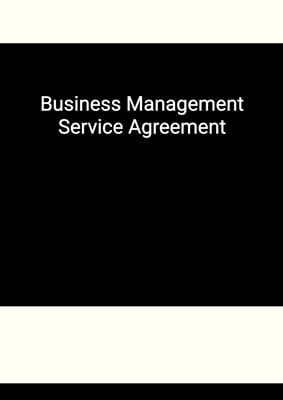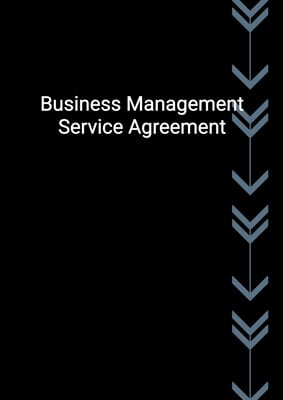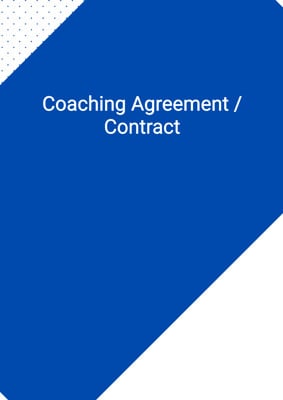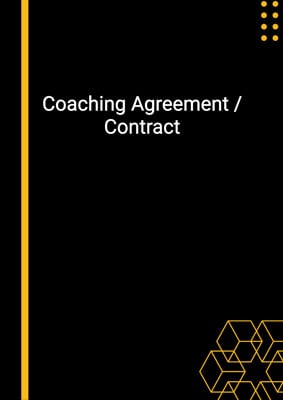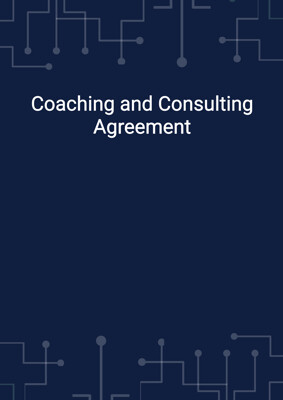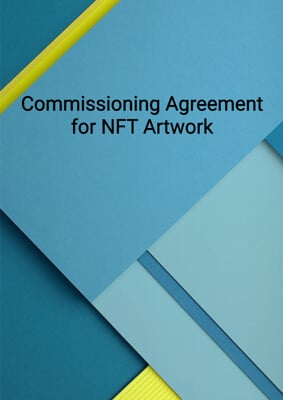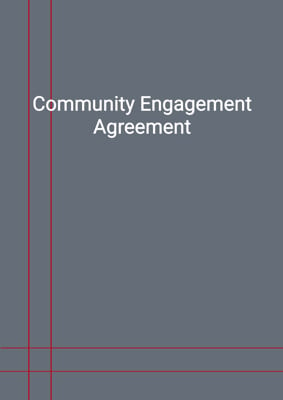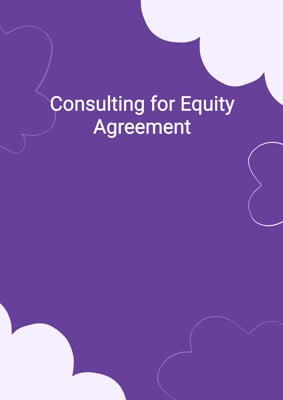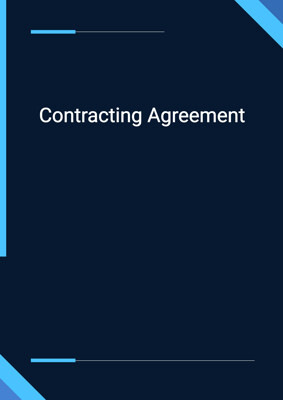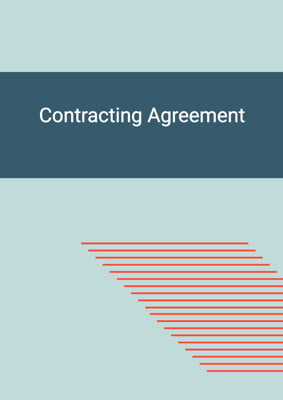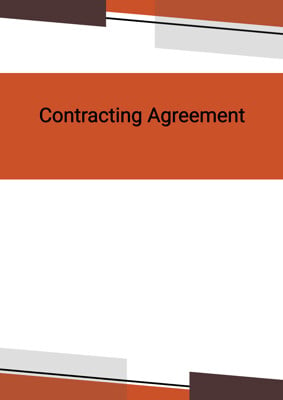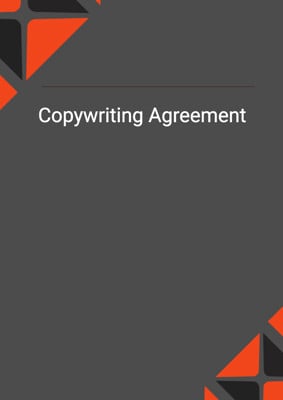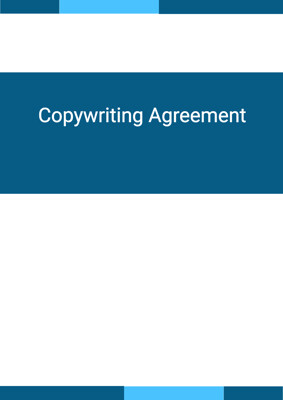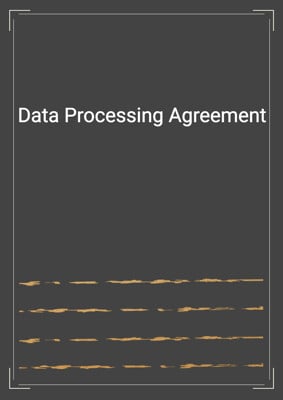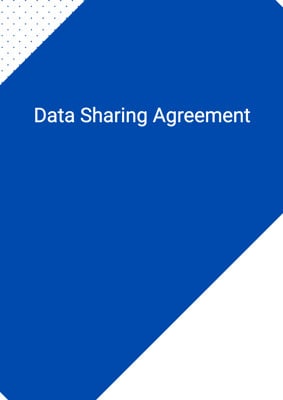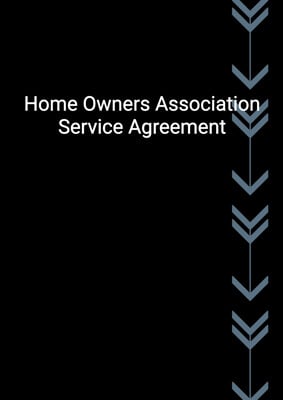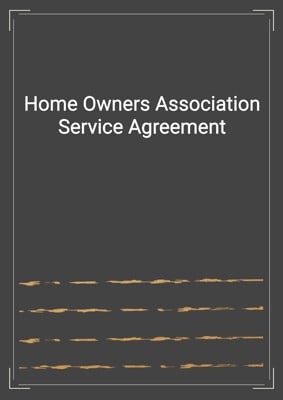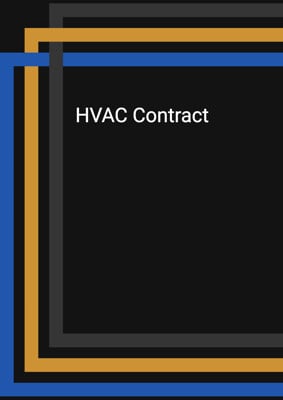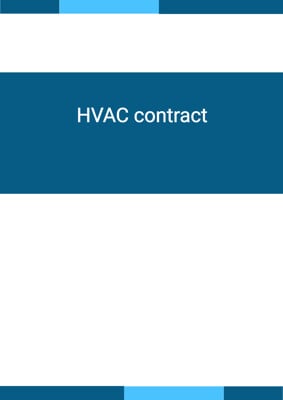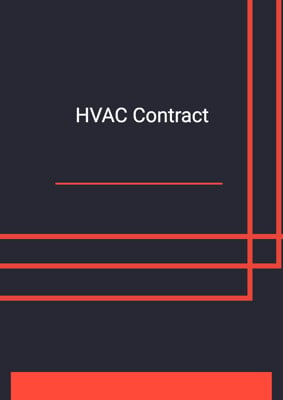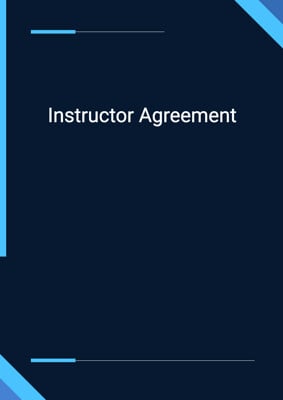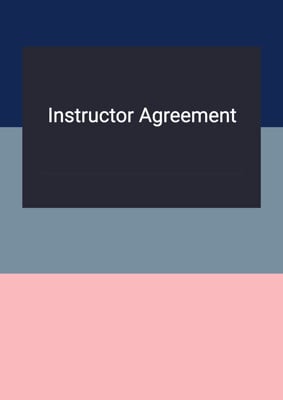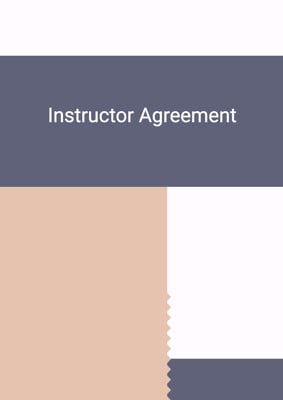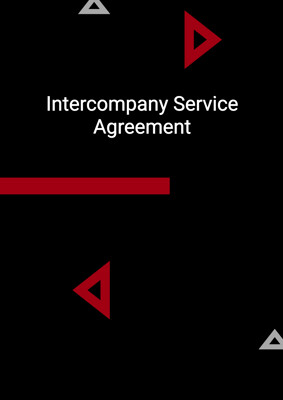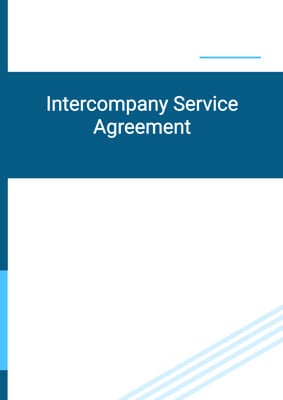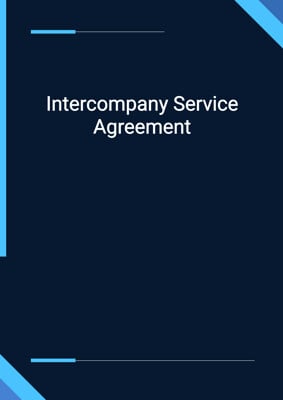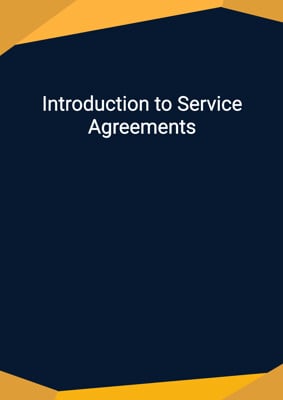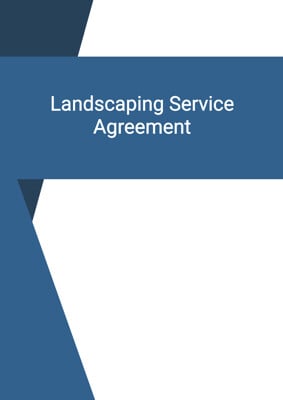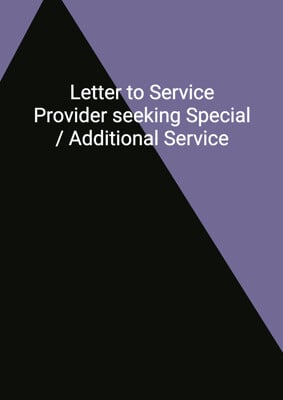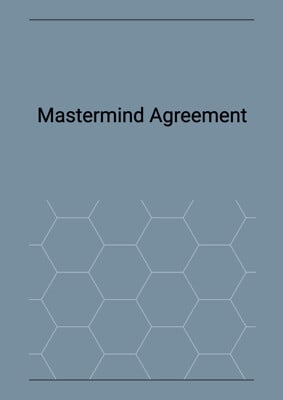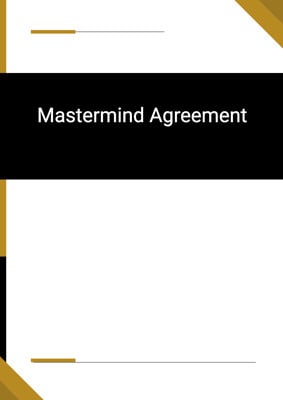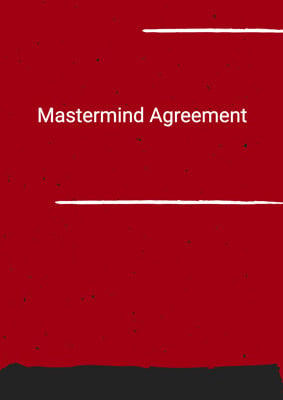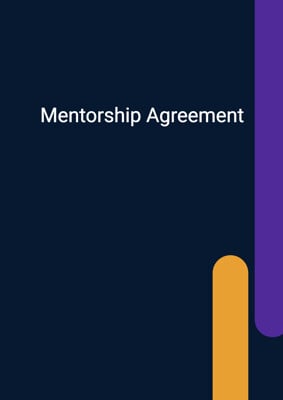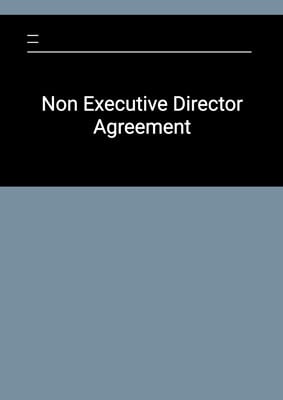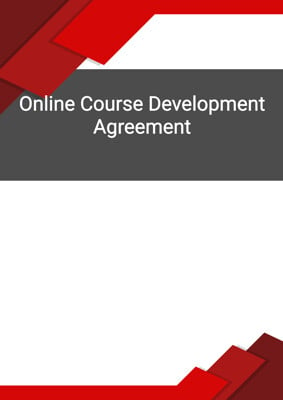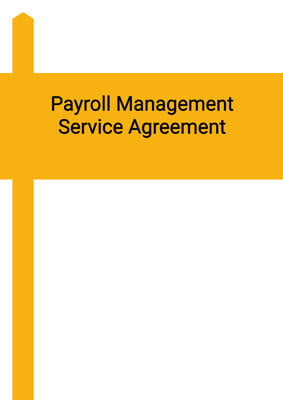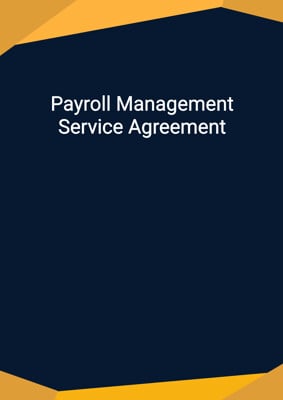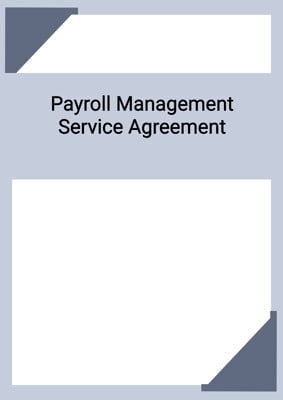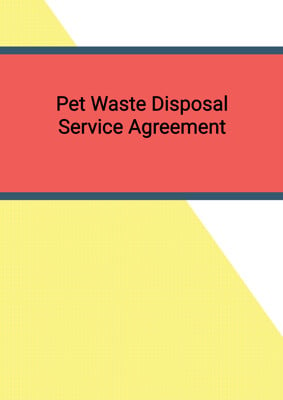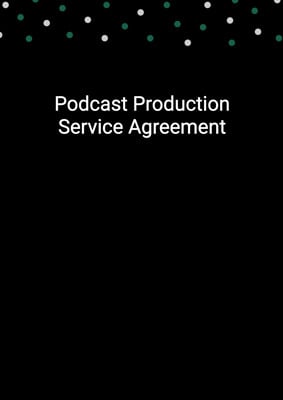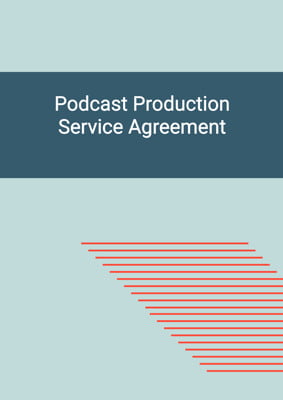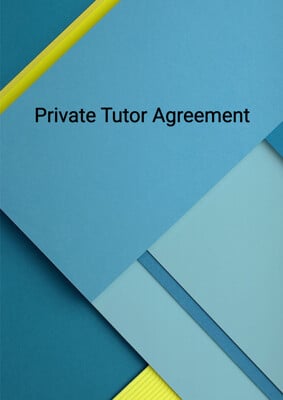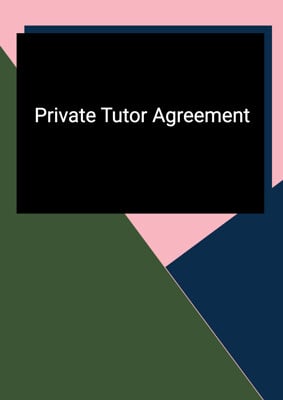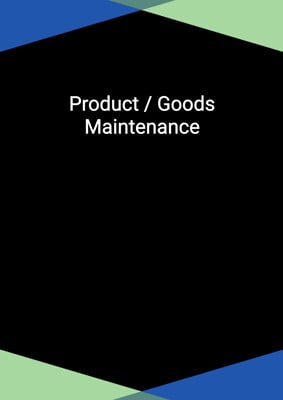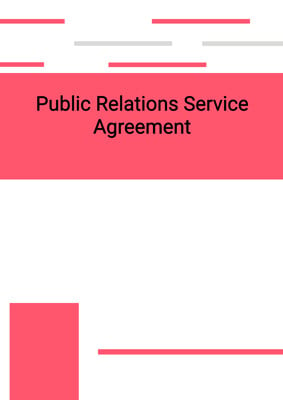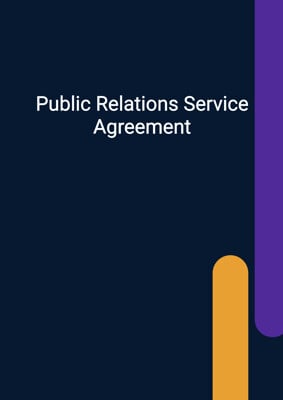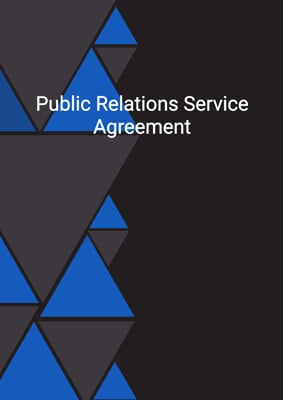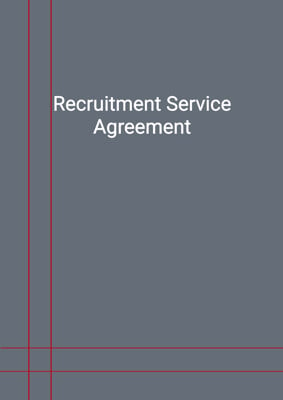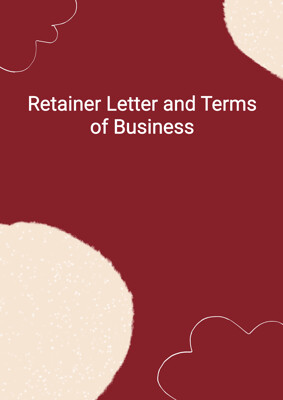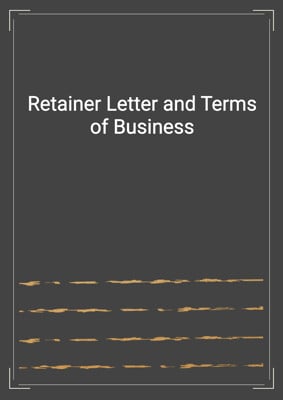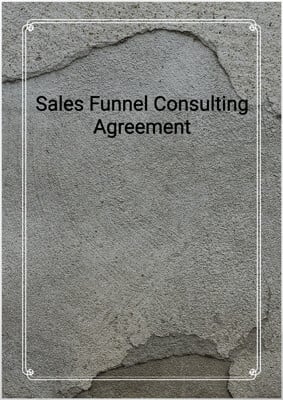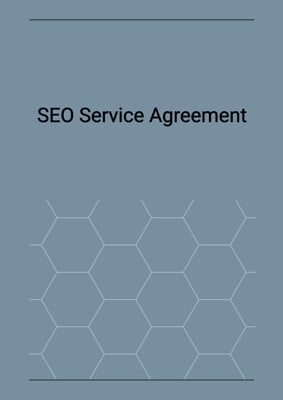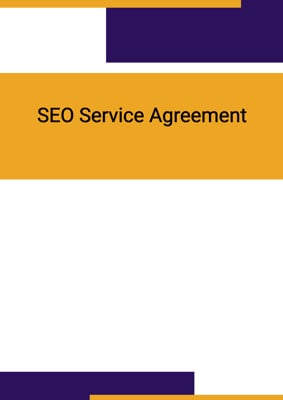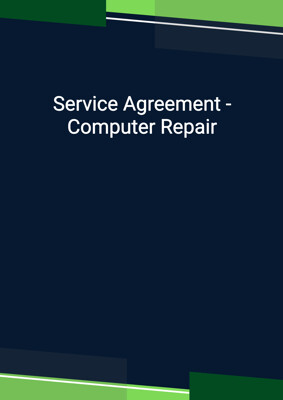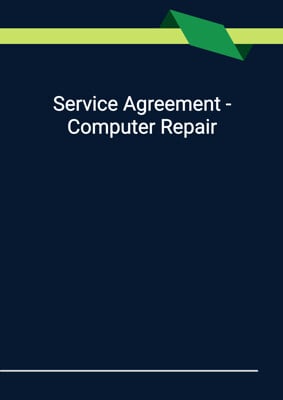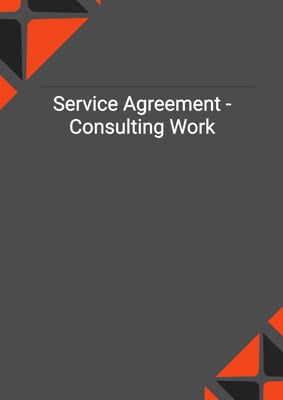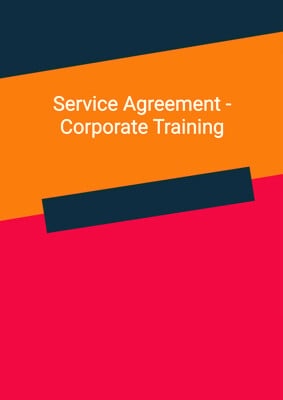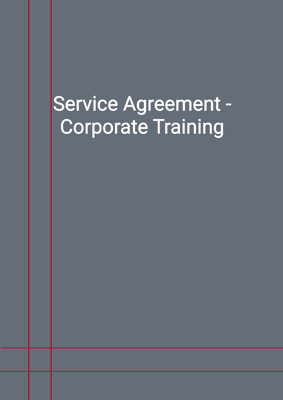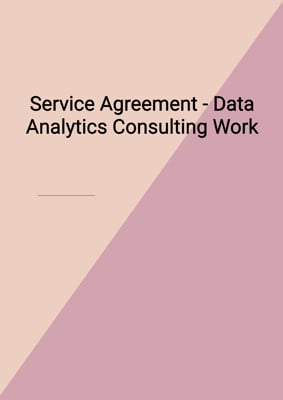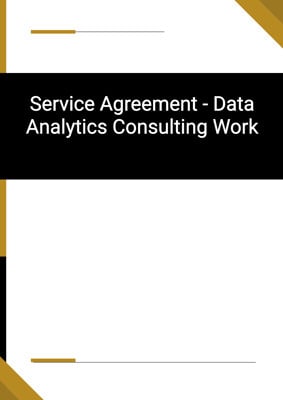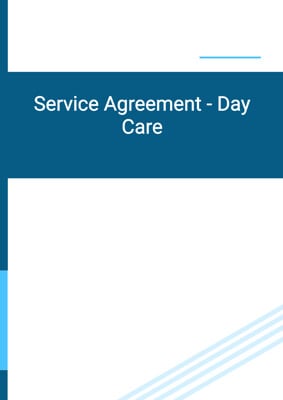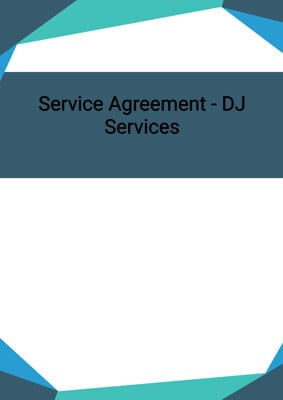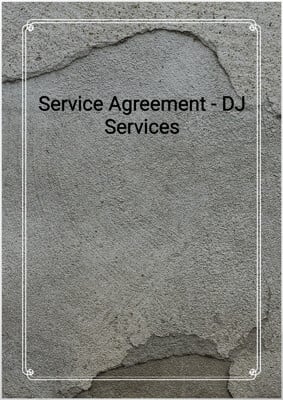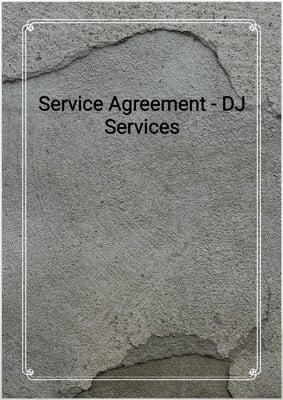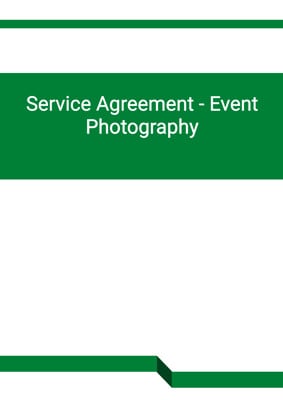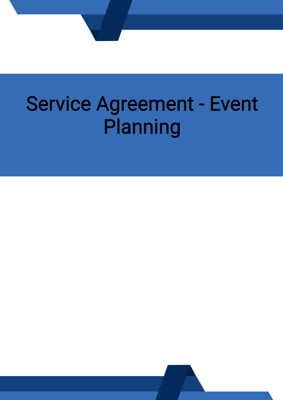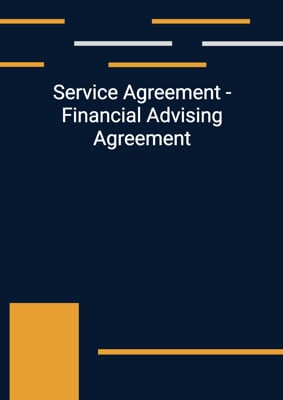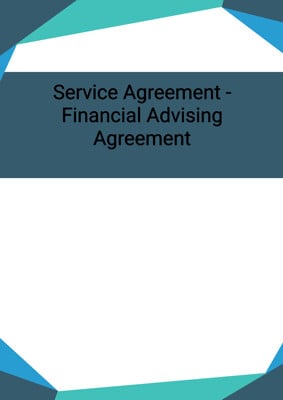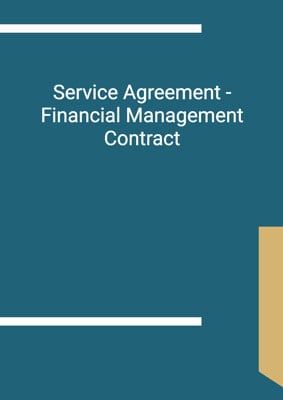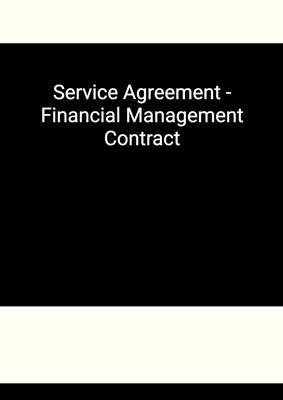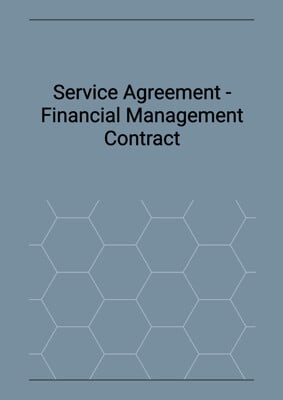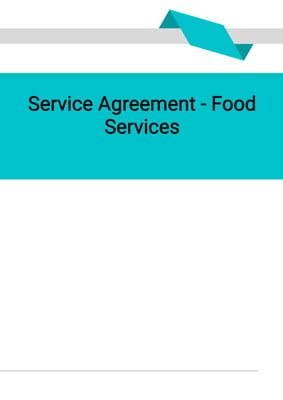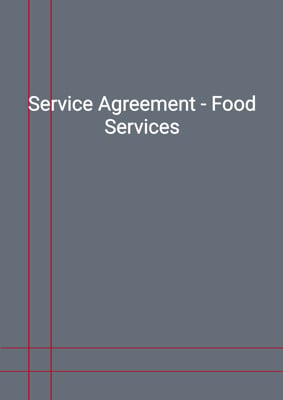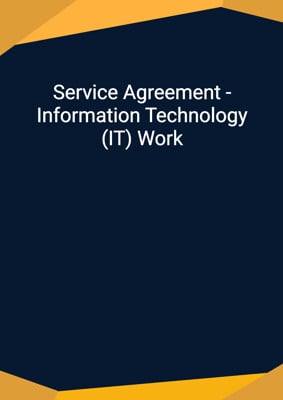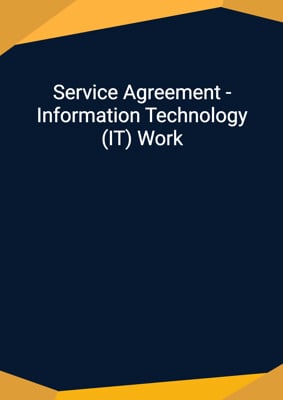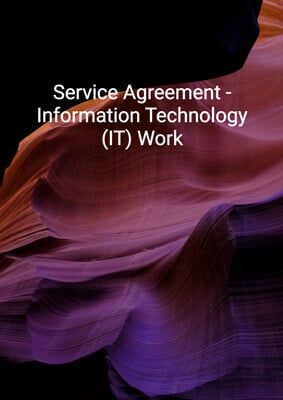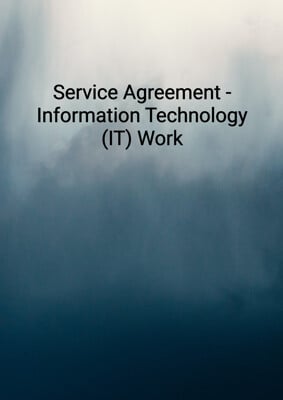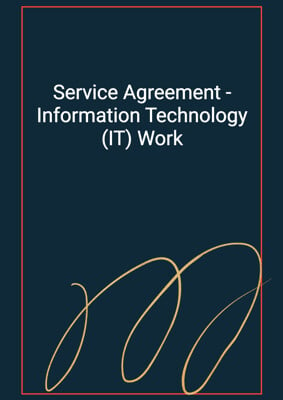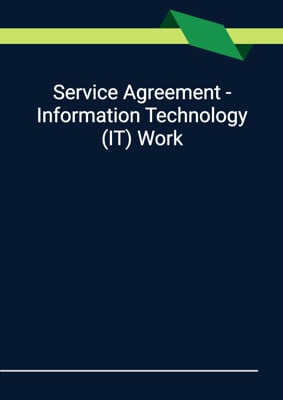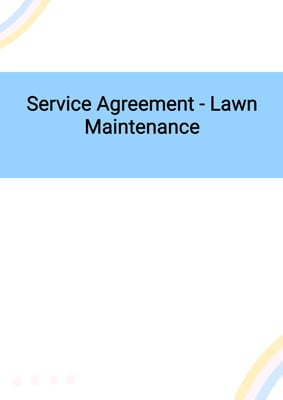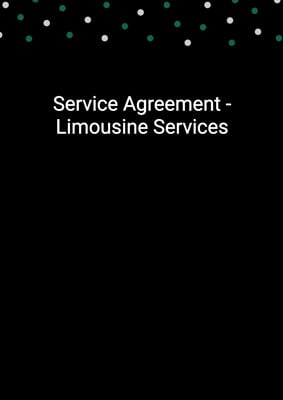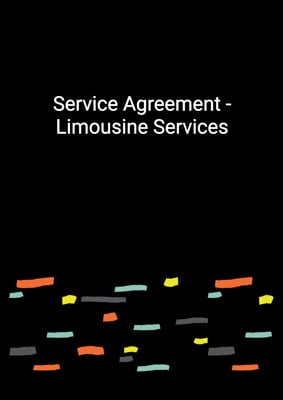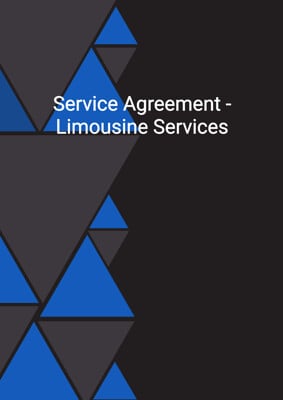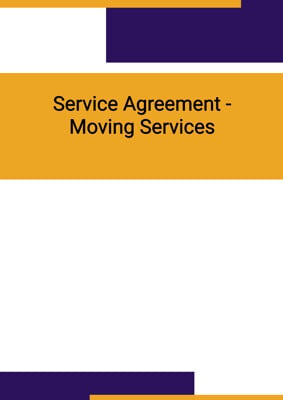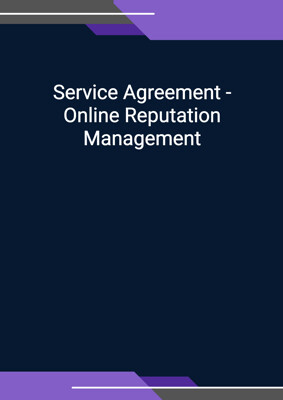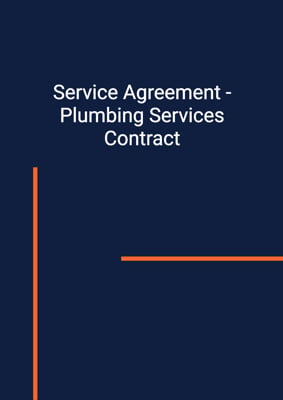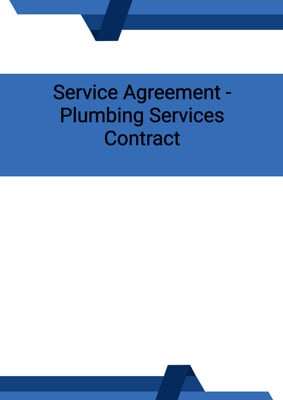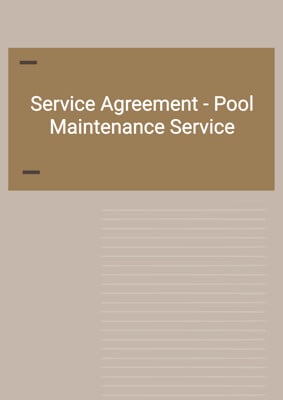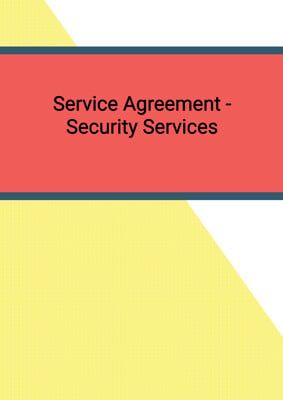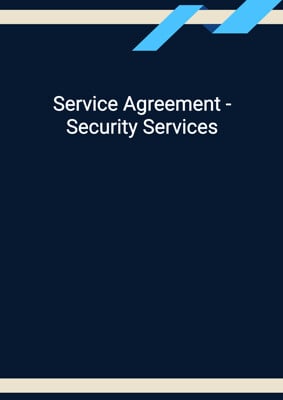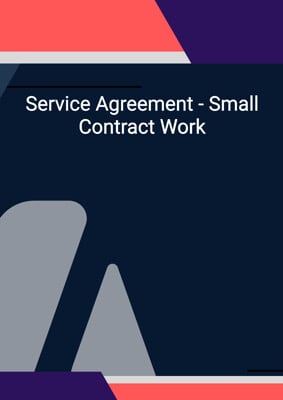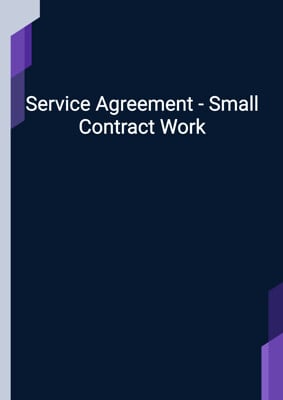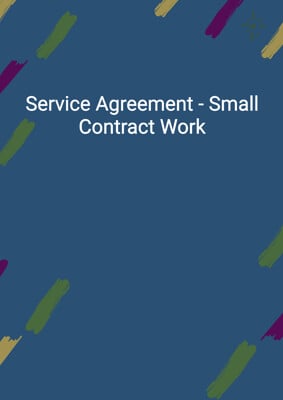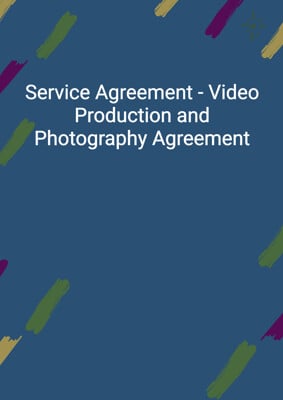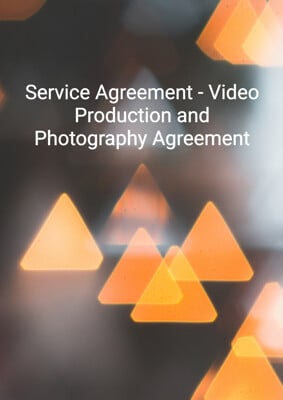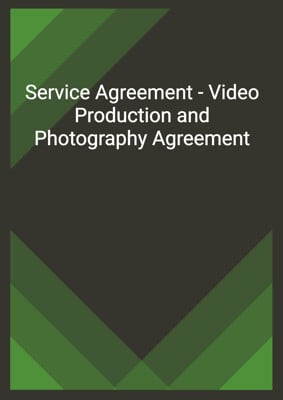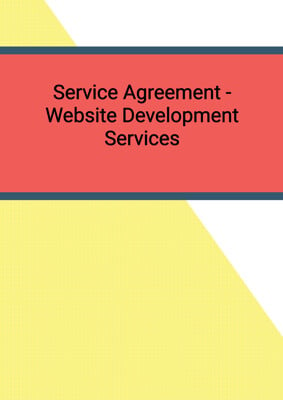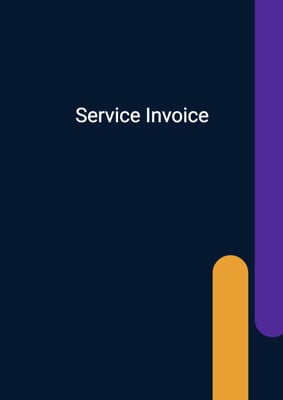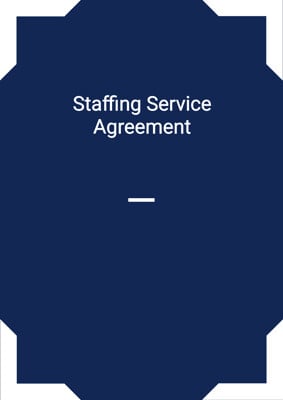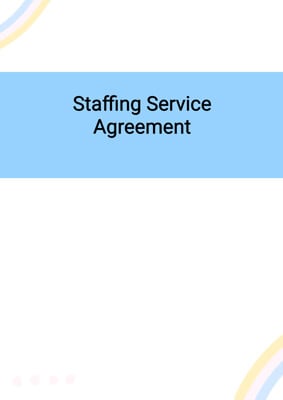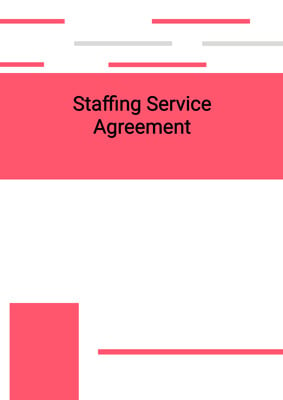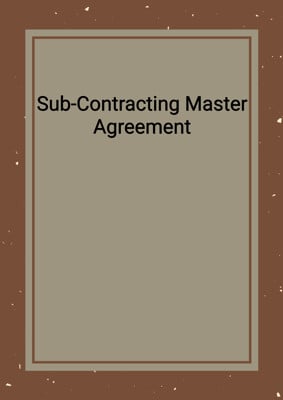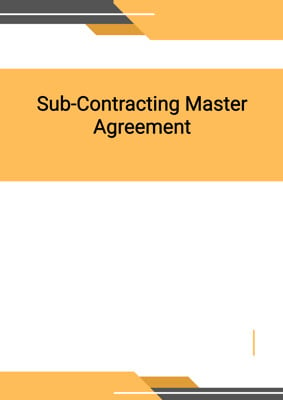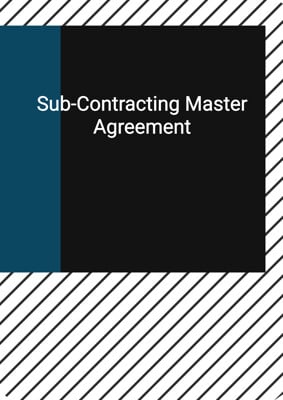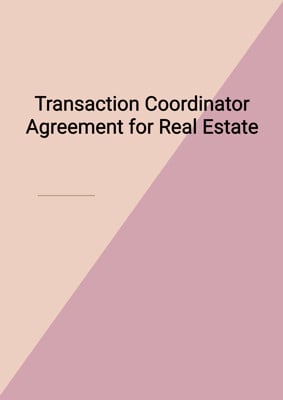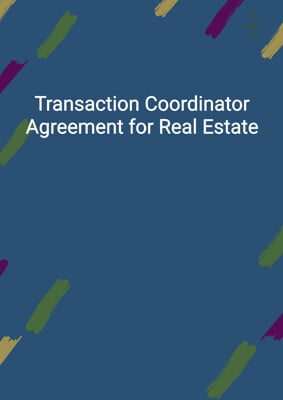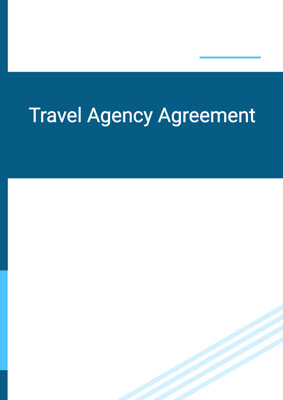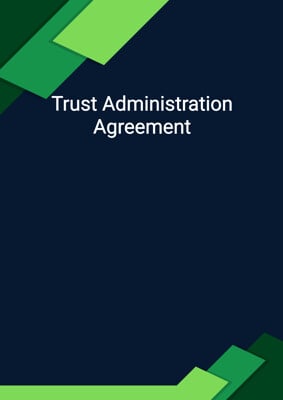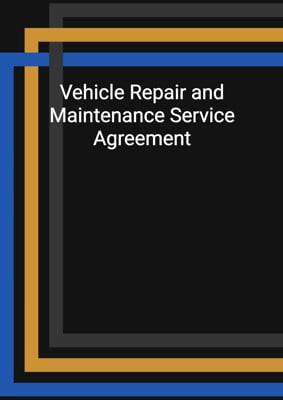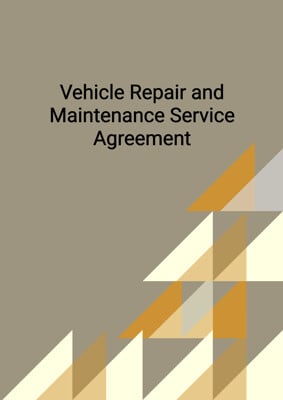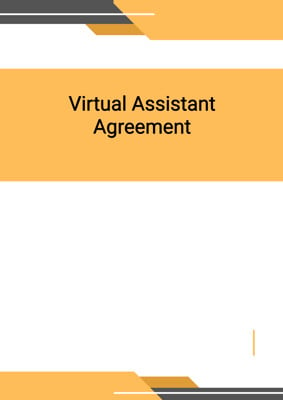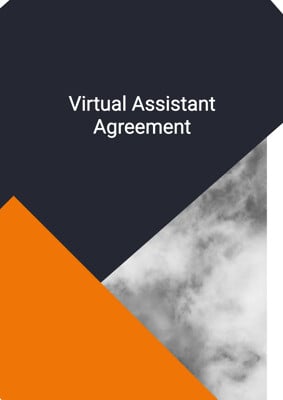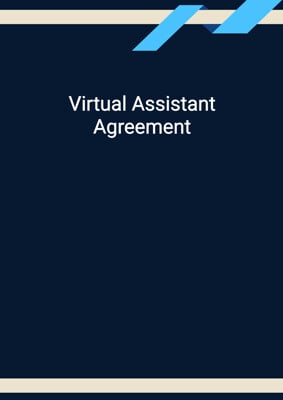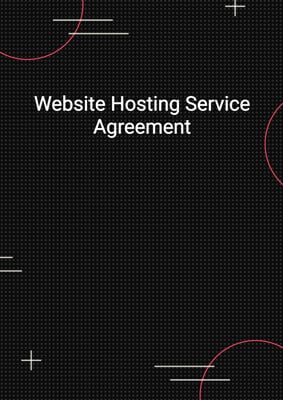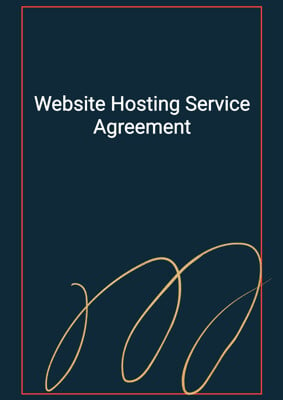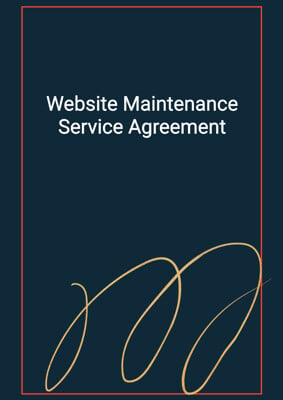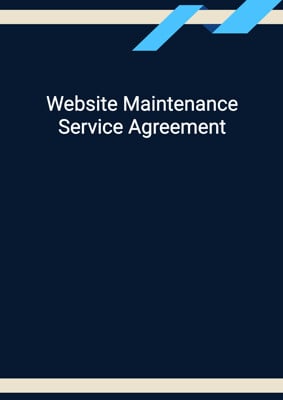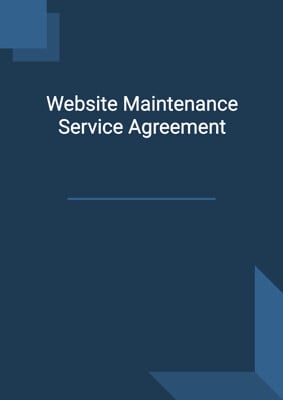How to Tailor the Document for Your Need?
01
Create Document
Fill in the details of the parties. You can click the "Fill with Member’s Information" button to complete it with information saved to your account.
02
Fill Information
Please fill in any additional information by following the step-by-step guide on the left hand side of the preview document and click the "Next" button.
03
Get Document
When you are done, click the "Get Document" button and you can download the document in Word or PDF format.
04
Review Document
Please get all parties to review the document carefully and make any final modifications to ensure that the details are correct before signing the document.
Document Preview
Document Description
The Mentorship Agreement is a document that outlines the terms and conditions of a mentoring relationship between a mentor and a mentee. It is important because it establishes the expectations and responsibilities of both parties, ensuring a successful and productive mentoring experience.
The entire document is divided into several sections, each addressing different aspects of the agreement. The first section, titled 'Interpretation,' provides definitions for key terms used throughout the agreement. This ensures clarity and understanding of the language used.
The second section, 'Mentor and Mentee's Obligations,' outlines the responsibilities of both parties. The mentee agrees to stay in efficient and reasonable communication with the mentor and provide honest feedback. The mentor, on the other hand, agrees to comply with all laws and regulations applicable to the services.
The third section, 'Completion of the Work,' emphasizes the importance of timely performance of the mentor's obligations. It also allows for the possibility of extending the completion date if there are valid reasons for the delay.
The fourth section, 'Service Fees,' specifies the payment terms and conditions. It states that the mentee shall pay the mentor a service fee for the services rendered. Late payment may incur additional charges, and the mentor may also incur expenses that are not included in the fee.
The fifth section, 'Limitation of Liabilities,' clarifies that the mentor makes no guarantees or warranties regarding the services rendered. The mentor's liability is limited to the amount paid by the mentee for the services.
The sixth section, 'Term and Termination,' defines the duration of the agreement and the circumstances under which either party can terminate it. It also outlines the consequences of termination, such as outstanding balances that need to be paid.
The seventh section, 'Confidential Information,' emphasizes the confidentiality of the agreement and the mentor's services. The mentee is prohibited from disclosing any information without prior written approval.
The eighth section, 'Announcements/Publicity,' requires the parties to obtain approval before making any announcements or disclosures related to the agreement.
The ninth section, 'Amendment,' states that any changes to the agreement must be in writing and signed by all parties involved.
The tenth section, 'Assignment,' prohibits the mentee from assigning the agreement or subcontracting the performance without the mentor's consent.
The eleventh section, 'Severability,' addresses the situation where a provision of the agreement is deemed illegal, void, or unenforceable. The parties are required to negotiate and agree on a valid substitute provision.
The twelfth section, 'Further Assurance,' obligates the parties to perform any further acts or execute additional documents necessary to implement the agreement.
The thirteenth section, 'Warranty of Capacity and Power,' includes representations and warranties by each party regarding their authority and capacity to enter into and carry out the obligations of the agreement.
The fourteenth section, 'Force Majeure,' relieves the parties from liability for any failure or delay in performing their obligations due to causes beyond their control.
The fifteenth section, 'No Rights under Agreements for Third Parties,' clarifies that third parties have no right to enforce the terms of the agreement.
The sixteenth section, 'Arbitration and Proper Law,' encourages the parties to resolve any disputes amicably and in good faith.
The seventeenth section, 'Notices and Service,' specifies the methods and timing of delivering notices between the parties.
The eighteenth section, 'Counterparts,' allows the agreement to be executed in multiple counterparts, with each counterpart considered an original document.
Overall, the Mentorship Agreement is a comprehensive document that covers all aspects of the mentoring relationship, ensuring clarity, protection, and mutual understanding between the mentor and mentee.
How to use this document?
1. Stay in communication: The mentee should maintain efficient and reasonable communication with the mentor throughout the mentoring relationship. This includes providing honest feedback and actively engaging in the mentor's program and services.
2. Comply with laws and regulations: The mentor must comply with all applicable laws and regulations related to the services provided. This ensures that the mentor operates within legal boundaries.
3. Define scope of services: Any services outside the scope defined in the agreement require a separate agreement. Both parties should clearly define the scope of services to avoid misunderstandings.
4. Timely completion of work: The mentor should prioritize the prompt and timely completion of all obligations defined in the agreement. If there are valid reasons for delay, the mentee may grant an extension.
5. Payment terms: The mentee is responsible for paying the mentor a service fee for the services rendered. Late payment may incur additional charges. The mentor should invoice the mentee prior to the payment date.
6. Record and submit expenses: If the mentor incurs any expenses not included in the fee, they should keep an exact record and submit an invoice itemizing each expense with proof of purchase and receipt.
7. Dispute resolution: If the mentee has a dispute with an invoice, they should notify the mentor in writing along with any substantiating documentation or a detailed description of the dispute within 5 business days. The parties should seek to resolve disputes expeditiously and in good faith.
8. Provide necessary supplies: The mentee is responsible for furnishing their own supplies and equipment necessary to deliver and complete the services, unless otherwise agreed upon.
9. Report defects: The mentee should promptly report any defects in the mentor's performance of the services as soon as they become aware of them.
10. Limitation of liabilities: The mentor makes no guarantees or warranties regarding the services rendered. The mentee's sole remedy for any breach of rights and benefits is limited to the amount paid for the services.
11. Termination: Either party may terminate the agreement with written notice. The mentor may terminate for non-payment or breach of material provisions. The mentee should pay any outstanding balances within 5 days of termination.
12. Confidentiality: The mentee is prohibited from disclosing any information related to the agreement and the mentor's services without prior written approval.
13. Obtain approval for announcements: No announcement or disclosure regarding the agreement should be made without the prior written approval of all parties involved.
14. Seek legal advice for variations: Any variations to the agreement should be in writing and signed by all parties. Seek legal advice to ensure the variations are valid and enforceable.
15. Perform necessary acts: The parties should perform all further acts and execute additional documents necessary to implement the agreement.
16. Resolve disputes amicably: The parties should make reasonable efforts to resolve any disputes amicably and in good faith.
17. Deliver notices properly: Notices should be delivered by hand, email, or post in accordance with the specified timing. Ensure that the correct addresses and contact information are used.
18. Retain confidentiality: Treat the agreement and all attachments as strictly confidential. Any unauthorized disclosure may be considered a material breach of the agreement.
19. Obtain approval for announcements: No announcement or disclosure regarding the agreement should be made without the prior written approval of all parties involved.
20. Seek legal advice for variations: Any variations to the agreement should be in writing and signed by all parties. Seek legal advice to ensure the variations are valid and enforceable.
21. Perform necessary acts: The parties should perform all further acts and execute additional documents necessary to implement the agreement.
22. Resolve disputes amicably: The parties should make reasonable efforts to resolve any disputes amicably and in good faith.
23. Deliver notices properly: Notices should be delivered by hand, email, or post in accordance with the specified timing. Ensure that the correct addresses and contact information are used.
24. Retain confidentiality: Treat the agreement and all attachments as strictly confidential. Any unauthorized disclosure may be considered a material breach of the agreement.
Not the right document?
Don’t worry, we have thousands of documents for you to choose from:

